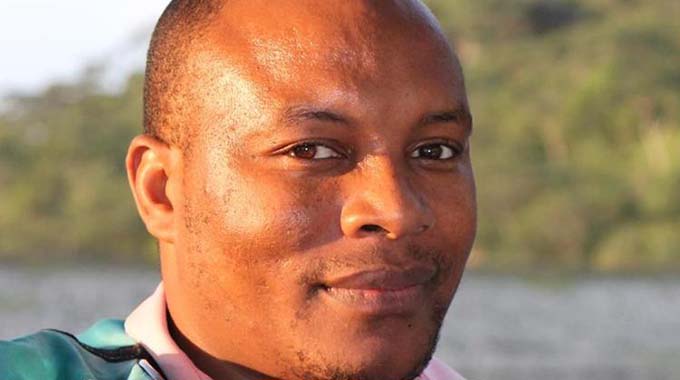Source: Harare ‘ill-equipped to fight cholera’ | The Herald November 9, 2018
Mr Shumba Paidamoyo Chipunza Senior Health Reporter
The City of Harare is ill-equipped to respond to reports of sewer blockages, with some going for almost two months without being attended to, an activist has said.This has resulted in contamination of underground water with cholera bacteria in Budiriro and Glen View high-density suburbs in September, investigations by the Harare Residents Trust (HRT) have revealed.
Speaking at the Community Working Group on Health’s (CWGH) 25th annual conference held in Harare yesterday, HRT director Mr Precious Shumba said the workers did not have protective clothing such as gloves and work suits when attending to the blockages.
He said they did not have enough sewer rods to attend to blockages within the stipulated turnaround time.
Mr Shumba said the workers further claimed that they had not been vaccinated against diarrhoeal diseases as was the norm.
In addition, he said they had not been paid their salaries for almost six months preceding the first cholera case.
“It seemed the workers took a lackadaisical approach in responding to the blockages because they were ill-equipped to effectively discharge their duties. Coupled with disgruntlement over delayed payment of their salaries, the workers’ response to reported blockages took longer resulting in contamination of underground water, which later led to a cholera outbreak,” said Mr Shumba.
He said according to the workers, vaccination was only done at Beatrice Road Infectious Diseases Hospital the first weekend after the first cholera case was reported on September 6.
Mr Shumba further revealed that worksuits were also bought well after the first case of cholera was reported.
“They told us that the (city) authorities only started visiting them to understand and appreciate their grievances well after the outbreak had started, raising questions on the authorities’ approach to solving key drivers of cholera,” said Mr Shumba.
Speaking at the same occasion, Mrs Synodia Shekede, a resident of Glen View suburb, said some of these key drivers were yet to be addressed.
“Sewer blockages still go for days without being attended to, the supply of tap water supply is still erratic and some people are still drinking water from unprotected wells,” said Mrs Shekede.
Asked about water tanks, she said some of them had never been filled ever since they were erected.
“We now fear an increase in (cholera) cases because of the rains if these drivers remain unaddressed,” she said.
Mrs Shekede attributed repeated sewer blockages to houses that have been constructed on infill stands that were above sewer lines.
No immediate comment could be obtained from city authorities as they did not attend the conference despite invitation being sent to them.
The cholera outbreak, which started on September 6 this year, has so far claimed at least 54 lives and left over 7 000 others requiring treatment. Residents of Budiriro and Glen View were the worst affected.
Government recently rolled out a cholera vaccine as a short- term measure to mitigate continued outbreaks in vulnerable suburbs such as Glen View and Budiriro.

COMMENTS